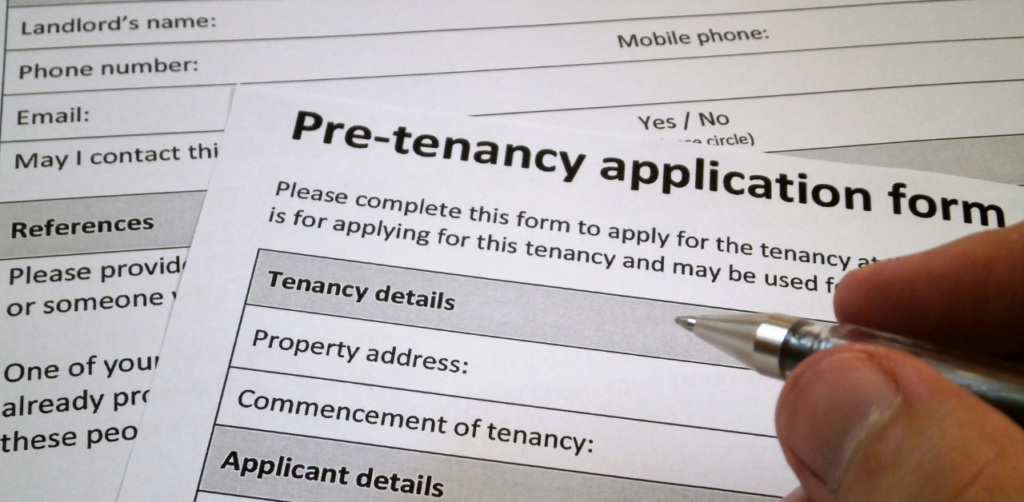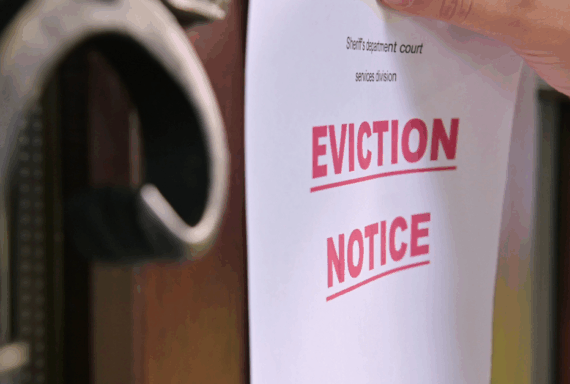
Finding the right residents for your rental property in Las Vegas is essential for a smooth and profitable landlord experience. Property managers and owners must follow state laws, maintain fair housing practices, and ensure applicants meet all necessary requirements. This guide provides a detailed breakdown of the application process, screening criteria, and best practices for selecting eligible Las Vegas, NV applicants.
Understanding Nevada Rental Laws and Fair Housing Compliance
Before screening applicants, landlords must comply with federal, state, and local housing laws to ensure equal opportunity for all applicants.
- Fair Housing Act (FHA): It is illegal to discriminate based on race, color, national origin, religion, sex, familial status, or disability.
- Nevada State Law: Landlords must follow Nevada tenant screening laws, which regulate application fees, security deposits, and lease agreements.
- Clark County & Local Ordinances: Cities like North Las Vegas and Boulder City and master-planned communities such as Southern Highlands may have additional regulations regarding rental housing.
Application Fees and Required Documentation
Applicants should know the non-refundable application fee required to process rental applications. Property owners can charge a reasonable amount for screening services, but fees must be disclosed upfront. Applicants are typically required to provide proof of:
- Income (pay stubs, tax returns, or bank statements)
- Employment verification (letter from employer or recent pay stubs)
- Driver’s license or government-issued ID
- Rental history (previous landlord references or proof of past payments)
Setting Screening Criteria for Eligible Applicants
To determine if an applicant is a good fit for your rental property, you must set clear screening criteria and apply them consistently. Here’s what to consider:
1. Income Verification & Employment History
- Most landlords require that applicants earn at least three times the monthly rent to qualify.
- Verify employment through recent pay stubs or direct confirmation with employers.
- Self-employed applicants may need to provide tax returns or bank statements.
2. Credit & Rental History
- Review the applicant’s credit report for unpaid debts, evictions, or late payments.
- Look for a history of timely rent payments and positive references from previous landlords.
3. Background Checks
- Screen applicants for criminal history, but follow Fair Housing guidelines when considering past convictions.
- Consider factors like the nature of the offense and how long ago it occurred when making a decision.
4. Security Deposit & Fees
- Nevada law does not cap security deposits, but most landlords charge one to two months’ rent.
- Security deposits must be returned within 30 days after the lease ends, minus any applicable deductions.
How to Handle the Application Process Efficiently

The application process should be organized, clear, and fair for all potential renters. Follow these steps to streamline tenant selection:
Step 1: Provide a Clear Rental Listing
Your rental listing in Las Vegas should include:
✔ Monthly rent amount
✔ Security deposit and required fees
✔ Lease agreement terms
✔ Property details (e.g., single-family homes, apartments, townhomes)
✔ Application fees and screening process
✔ Pet policy and additional costs
Step 2: Allow Tenants to Apply Online
Offering an apply online option makes it easier for applicants to submit required documentation in a timely manner.
Step 3: Pre-Screen Potential Applicants
Before requesting payment for the application fee, ask general questions such as:
- Do you meet the income requirements?
- Have you ever been evicted?
- Do you have pets? (If applicable)
Step 4: Verify All Information
Once an application is submitted:
- Verify employment by contacting the applicant’s employer.
- Confirm rental history by speaking with past landlords.
- Run credit and background checks to ensure financial responsibility.
Step 5: Approve or Deny the Application in a Timely Manner
Applicants expect a decision quickly, so notify them as soon as possible. If denied, provide a reason following state law and Fair Housing guidelines.
Creating a Fair and Consistent Leasing Process
Once you’ve found the right resident, the next step is finalizing the lease agreement.
Essential Lease Agreement Terms
A well-written lease should include:
✔ Lease duration (e.g., 12-month, month-to-month)
✔ Payment terms, including due dates and late fees
✔ Security deposit details
✔ Maintenance responsibilities (who handles repairs)
✔ Rules on guests, noise, and property use
Move-In Procedures
- Conduct a walk-through inspection with the tenant.
- Document the property’s condition before they move in.
- Provide copies of all signed agreements.
Handling Rent Payments and Tenant Relations

Maintaining positive tenant relations and ensuring timely rent collection are crucial for successful property management. Below are key strategies for handling rent payments, maintenance, and lease agreements efficiently.
Rent Collection
Landlords should implement multiple payment methods to streamline rent payments and minimize disputes, including:
- Online platforms
- Checks
- Direct deposits
Providing tenants with clear payment deadlines and outlining late fee policies in the lease agreement can help prevent misunderstandings. Additionally, landlords should offer information on rental assistance programs for qualified tenants who may need financial support.
Maintenance & Repairs
Timely maintenance is essential for tenant satisfaction and property upkeep. Landlords should address maintenance requests promptly, keeping detailed records of all repairs and tenant communications. Establishing relationships with reliable contractors for plumbing, electrical, and HVAC services ensures that issues are resolved efficiently, preventing further property damage and tenant dissatisfaction.
Lease Renewals & Terminations
To manage lease renewals effectively, landlords should notify tenants at least 60 days before the lease expiration to discuss renewal options. If the lease is not renewed, providing written notice in compliance with Nevada law avoids legal complications. Clear communication during this process helps both parties prepare for the next steps, whether renewing the lease or arranging a smooth move-out.
Find the Right Tenants for a Stable and Profitable Rental Property
Choosing the right tenants for your Las Vegas rental property takes careful screening, clear policies, and legal compliance. A structured application process helps reduce turnover and ensures long-term stability.
Following Nevada’s rental laws, respecting fair housing rights, and maintaining professional property management practices, you can also find reliable tenants who will treat your property carefully.
Faranesh Real Estate and Property Management handles tenant screening, leasing, and property upkeep to keep your rental profitable and hassle-free. Contact us today to learn how we can help you secure quality renters.




